I did not die!
A whole chapter of the book is devoted to how young courageous Dramani stood in front of a bully and said enough was enough and lived to tell the tale, “I did not die, I did not die”, John Mahama recounts, stressing.
It was at Achimota and the boy’s name was Ezra. Ezra, the tormentor, was two years older, very muscular and the tallest of 10 boys in the dormitory.
With his usual elitist tone, John says, Ezra looked like “one of the men we sometimes saw on the campus grounds clearing the underbush with long, slightly curved cutlass. Their skin, which was blacker even than a starless sky at midnight, would be glistening with sweat.”
He adds with undisguised disdain, “I wasn’t at all surprised to learn that his father was a farmer, though I would have guessed that it was an animal farm and not a cocoa farmer, because Ezra looked as though he had been born, raised, and fed in much the same way as livestock.”
John Mahama continues on Ezra, as if the son of a farmer had no business being educated at elite Achimota.
“His father, though uneducated, had a made a lot of money for himself. He wanted his son to attend Achimota, the school where the doctors, lawyers, politicians, and other members of the upper echelon sent their kids. With good reason: Ezra was a bush boy; he was tactless and uncouth.” Ezra developed into bullying the other boys to bring their afternoon snack to him.
Ezra,” John writes, “had skillfully indoctrinated us. We had shown him our hearts, taken him into our trust, and this had somehow broken down our defences… Ezra had become our personal bully, and now we were stuck with him. He became so powerful.”
The semblance to the bigger political reality was onviosuly not lost on the young Dramani. He writes, “What was happening to my group of friends and me in Achimota, around 1967 and 1968, was truly a microcosm of what was happening all throughout Africa. Dictators were sprouting up one after another, bushmen with bad manners and violent tendencies.
They held their communities in fear and felt entitled to what did not belong to them… We [the victims of Ezra] did not know that it was within our power to stop it, to effect change in our lives and in the lives of others.”
He was making it clear that citizens have a responsibility to themselves, society and their children to fight against those who use power against them.
But, to his disappointment, all attempts to conspire with the other 8 victims to stop the bully did not work because his friends, unlike him, could not gather the courage to face up to the tall, heavily built bully.
So this bullying from Ezra went on for a while until one day, John decided to eat his own snack and not hand it over to the bully.
He recalls what happened to him afterwards: “Ezra unleashed his
punishment in one fell swoop. I barely felt the blow, but it landed me on the floor. He kneed me; he gave me knocks on my head. He really maltreated me, but I did not die. I did not die.”
Now tell me, is this not what the all- die-be-die mantra is all about? That you stand up to bullies, and let the worst happen to you? The writer goes on to tell readers about the morale of the story after two straight days of resistance on his part.
“When everyone had assembled in the room to deliver their snack, Ezra made an announcement. ‘Dramani has been exempted,’ he said, trying to sound as official as possible. ‘But the rest of you have not. You must still come with your snack.’”
Indeed, a striking feature of the book is John Mahama’s professed personal conviction that oppressor’s rule must be resisted.
In fact, he manages to place himself within the struggle against Gen I K Acheampong’s attempt to impose a Union Government in Ghana in 1978.
He blatantly avoids his historical
responsibility of mentioning those, like the PMFJ, who led the nationwide protest against Unigov, focusing, instead on his own futile attempt. He was a sixth former at Ghanasco and he and some friends had volunteered to police the ballot.
“On the day of the referendum, we took our positions and watched the ballot boxes, as planned… We had no business being there. We were secondary school students, 18 and 19 year-old boys, not vigilantes… We wanted Ghana to become a new society, one without hunger, rampant unemployment, and wide separation between classes. If that meant watching ballot boxes to safeguard the vote, then so be it. We were willing to sacrifice our study time, It never crossed our minds, even with all we’d heard about the demonstrations and the soldiers, that we might also be sacrificing our lives.”
He continues, “By early afternoon, when we were convinced that the Ghanasco ballot boxes in the referendum would not be subject to any foul play, a suspicious-looking young arrived. He approached us and told us to go away. We refused and… entered into a verbal altercation with the man.
“He threatened to beat us up. We scoffed at his threat. There was no way he could beat up all of the boys in our group… The man saw that he was outnumbered. He turned around and started to walk away… We were proud of ourselves… Our David to their
Goliath.”
The man, of course, came back with a pick-up vehicle full of men who came there to unleash violence to ensure that the rigging took place.
Although the book, written by a man described as a historian, left the story there, so bad was the rigging of the 30 March 1978 referendum that before the results were fully released the Electoral Commissioner, Justice I. K. Abban, resigned in the face of threats on his life for failing to falsify the results.
Only 43.0% of registered voters (totaling 4.6 million) exercised their
franchise, 23.5% were declared as having voted ‘Yes’ to Unigov and 19.8% apparently voted ‘No’.
It became clear to all that the results had been falsified. Confusion ensued in the country, 3 months after the results were declared, the army staged a palace coup d’etat and removed Acheampong from office “in the interest of the unity and stability of the nation”. 11 months later, Rawlings removed Acheampong’s successor, Lt- Gen Kwasi Akuffo.
And, one could argue that because of the inability of the nation to resist the attempts to rig the ballot in 1978, Ghana fell once again into a long period of dictatorship.
It is very clear, if his writings are to be believed, that President Mahama believes in the wisdom of all-die-be- die but he does not find it politically helpful to be honest to Ghanaians.
Reference: My first coup d' etat, by J. D. Mahama


.png)


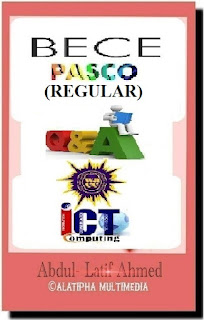




















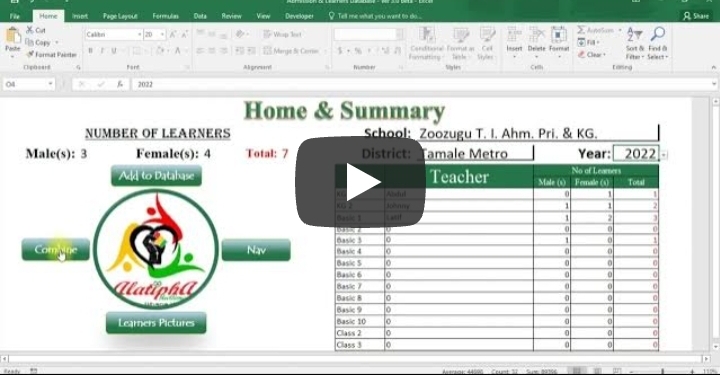
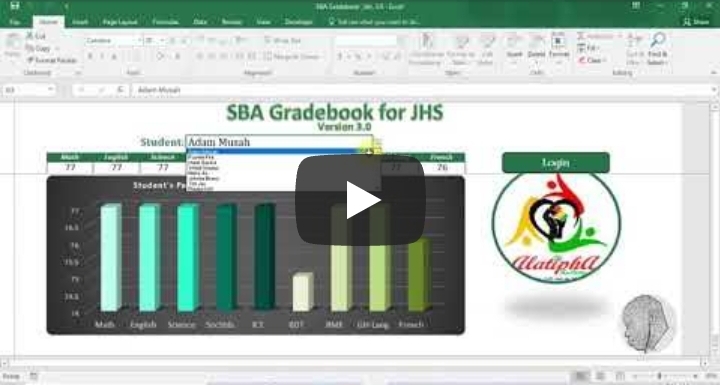
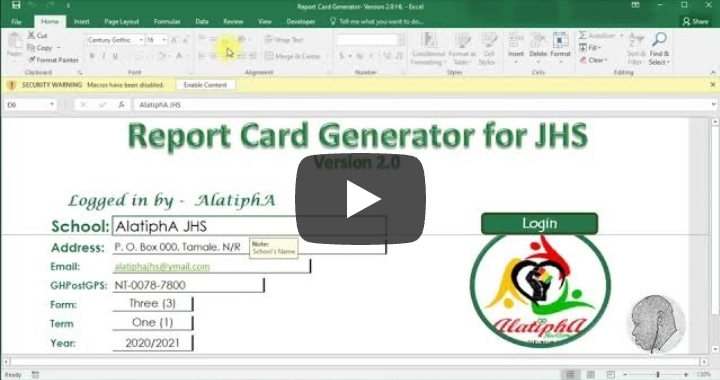
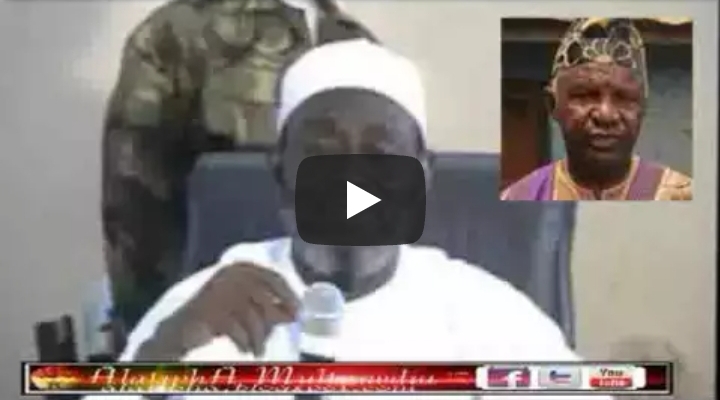
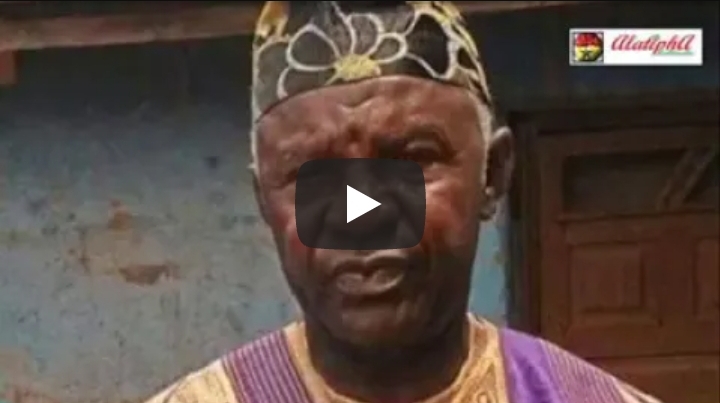

Comments
Post a Comment